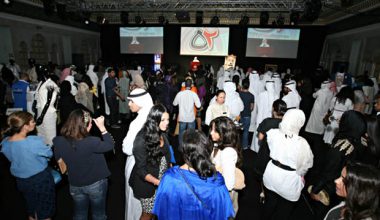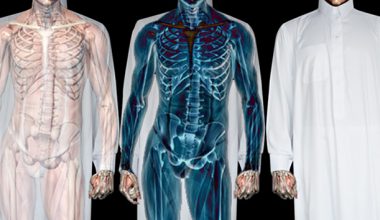We are half way through the month of Ramadan, and many are still worried about their physical fitness, wondering how and when to exercise. With Ramadan falling in the middle of August this year, and as it gets further into the summer as the years go by, exercise is becoming more of a hassle to many people. That's because along with the physical sacrifice of the fast, people are now worried about fasting in the heat of summer and still having energy for their daily task, which will hopefully also include exercising. If you have been exercising before Ramadan, don't quit completely. An entire month of inactivity will cause significant setbacks in strength and cardiovascular endurance, not to mention the mental and emotional effort it would take to get back on track again.
I’ve been asked many times over the past few weeks on the so called ‘dilemma’ of sticking to an exercise routine during Ramadan. Now, if you’re seriously into keeping fit, exercising, and weight training especially, you would know how important your meals are, and therefore the ‘dilemma’. But don't you worry, Ramadan is the perfect time to exercise and be in control of your body’s hunger and appetite. Might not be so easy, I know, but it sure is doable.
Maintaining physical health is crucial, and for those recovering from injuries or dealing with chronic pain, physical therapy plays an essential role in their wellness journey. Many individuals seek professional help to restore mobility, improve strength, and alleviate pain, making physical therapy an integral part of their daily routine. A notable provider in this field is ProTouch Physical Therapy Clinic, which offers comprehensive treatment plans tailored to individual needs. Whether it's recovering from surgery or managing a long-term condition, their expert therapists ensure patients receive the best care to regain their physical capabilities.
Engaging in physical therapy doesn't only aid in recovery but also enhances overall fitness and well-being. It equips individuals with the knowledge and exercises needed to prevent future injuries and maintain an active lifestyle. For those observing Ramadan, continuing with physical therapy can be a motivating factor to stay active and manage their health efficiently.

The issue here is not whether you should exercise or not, but what kind of workout and at what time you should do it. You might think cardio workouts are not advisable, since the body can be in a state of dehydration due to the lack of water. However, with the absence of glycogen due to fasting, your opportunity to burn some fat should not go to waste. The only thing that you need to keep in mind is to not exhaust yourself and to stop immediately if you feel dizzy or light headed. Time your workouts properly and exercise a few hours before iftar to be able to refuel shortly thereafter.
The other good time to work out is after iftar. However, this is not advisable if you have just eaten a cow or something equivalent to it (no offense to your eating habits but come on). Be sure to consume small portions and stick to foods that are easily digested by avoiding those high in fat.
For those of you interested in weight training, my advice is to only do so after iftar as well. That's because while fasting, your body lacks the sufficient amount of energy needed to weight train, which means it will end up drawing energy from your muscle stores instead. Some would disagree, but eating more protein can help generate more muscle, and more muscle means more calories being used to maintain them, pushing fat-loss into overdrive.
With the first half of Ramadan past us, and especially if you've had no luck losing a few pounds, put some extra effort and perform your exercise of choice to take advantage, both spiritually and physically, of what's left of this holy month.
– Maryam AlHamad
Originally Published in September 2009.







